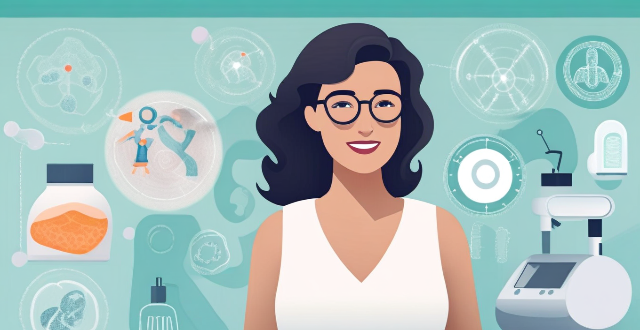The level of scientific literacy among women significantly influences their decision-making abilities in healthcare and environmental issues. Scientifically literate women are better equipped to access, understand, and critically evaluate health information, leading to healthier lifestyle choices and more effective communication with healthcare providers. They also show greater awareness of environmental issues and are more likely to adopt sustainable practices, engage in conservation efforts, and advocate for evidence-based policies. Enhancing scientific literacy among women is crucial for empowering them to make well-informed choices that benefit both their own health and the environment.

Scientific Literacy Among Women: Impact on Healthcare and Environmental Decision-Making
Introduction
Scientific literacy, defined as the ability to understand and use scientific concepts and methods, is crucial for making informed decisions in various aspects of life. This is particularly true for healthcare and environmental issues, where scientific knowledge can significantly influence personal and societal choices. The level of scientific literacy among women has been shown to have a profound impact on their decision-making abilities in these areas.
Healthcare Decision-Making
Importance of Scientific Literacy
Key Points:
- Access to Information: Scientifically literate women are more likely to access and understand health information from reliable sources.
- Critical Thinking: They can critically evaluate health claims and differentiate between evidence-based medicine and pseudoscientific practices.
- Preventive Care: Awareness of preventive measures and early detection strategies is enhanced by scientific knowledge.
Implications for Health Outcomes
Benefits Include:
- Healthier Lifestyle Choices: Educated decisions about diet, exercise, and stress management.
- Effective Communication with Healthcare Providers: Ability to ask informed questions and participate in treatment decisions.
- Reduced Health Disparities: Greater understanding leads to better self-advocacy and potentially reduces disparities in health outcomes.
Environmental Decision-Making
Role of Scientific Literacy
Key Points:
- Environmental Awareness: Scientifically literate women are more aware of environmental issues and their implications.
- Sustainable Practices: They are more likely to adopt sustainable practices such as recycling, energy conservation, and reducing waste.
- Policy Influence: They can engage in discussions and advocate for evidence-based environmental policies.
Consequences for Environmental Stewardship
Positive Outcomes:
- Promotion of Green Technologies: Support for eco-friendly innovations and sustainable business practices.
- Conservation Efforts: Active participation in local and global conservation initiatives.
- Educational Influence: Passing on environmental consciousness to future generations through education and example.
Conclusion
The level of scientific literacy among women plays a significant role in shaping their decision-making processes regarding healthcare and environmental issues. By enhancing their understanding of scientific concepts, women become empowered to make well-informed choices that not only benefit their own health but also contribute positively to the broader community and environment. It is essential, therefore, to invest in educational programs that promote scientific literacy among women, ensuring that they are equipped with the tools necessary for responsible and effective decision-making.